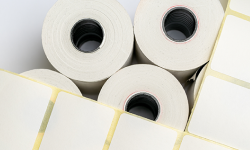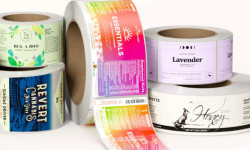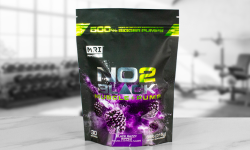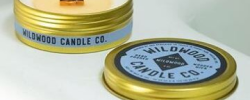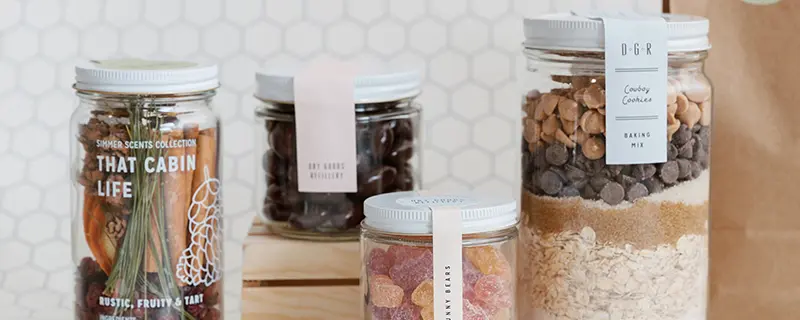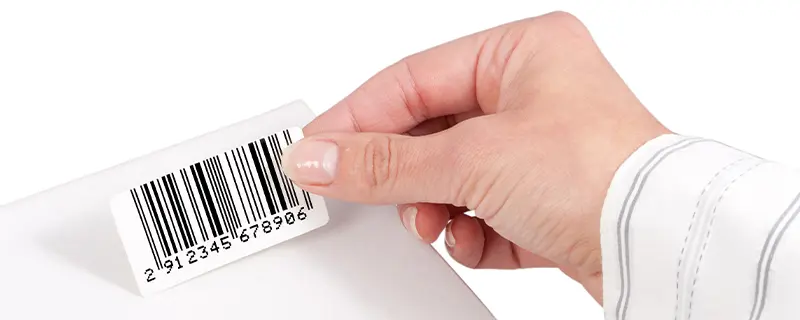How to Clean and Reuse Essential Oil Bottles
Here’s a simple way to clean your bottles:
- Remove caps, roller tops, and any leftover labels.
- Soak bottles in warm, soapy water for 15 minutes.
- Scrub inside with a bottle brush and rinse thoroughly.
- Sanitize with a 3:1 mix of water and white vinegar for 10 minutes.
- Air dry completely upside-down on a towel.
Tip:
For stubborn smells or residue (especially peppermint or clove), fill the bottle with white vinegar and baking soda. Cap it, shake, and leave it overnight to break down leftover oils.
How to Remove Sticky Labels from Glass Bottles
Some labels come off easily—others leave behind a sticky mess. Here’s what works:
- Soaking: 30-minute soak in warm soapy water, then peel
- Baking soda + coconut oil: Rub it in, let sit, and scrub gently
- Rubbing alcohol: Removes glue quickly without scratching
- Hair dryer: Warm the label for 30 seconds and peel while hot
Pro tip:
Cleaning large batches? Use a slow cooker filled with hot water and soap—set it on low, and labels slide right off after a few hours.

Labeling Your Reused Essential Oil Bottles
Good labels keep your collection safe and organized:
- Use waterproof, oil-resistant labels to avoid smudging
- Choose legible fonts that fit small bottle sizes
- Include key info: oil name, blend ratios, and date filled
- Use removable labels for testers or short-term use
If you sell or private label essential oils, we offer essential oil bottle labels that hold up to frequent handling and oil exposure—no peeling, no fading.
Repurposing Essential Oil Bottles
Don’t toss your empty bottles—here’s what to do with them:
- Create travel-friendly roller blends
- Make DIY pillow sprays or room mists
- Use them for sample giveaways
- Store homemade tinctures or serums
- Turn into mini herb vases or aromatherapy gifts
Bonus tip:
Pair roller bottles with stainless steel balls for a smoother application—great for muscle blends, perfumes, or calming oil roll-ons.
Need Labels That Work With Essential Oils?
Whether you’re making gifts, building a product line, or organizing a growing collection, the right label helps your bottle stay readable and clean. Our essential oil bottle labels are made for glass bottles, roller tops, and oil-prone surfaces—so they stick when you need them and look good doing it.

